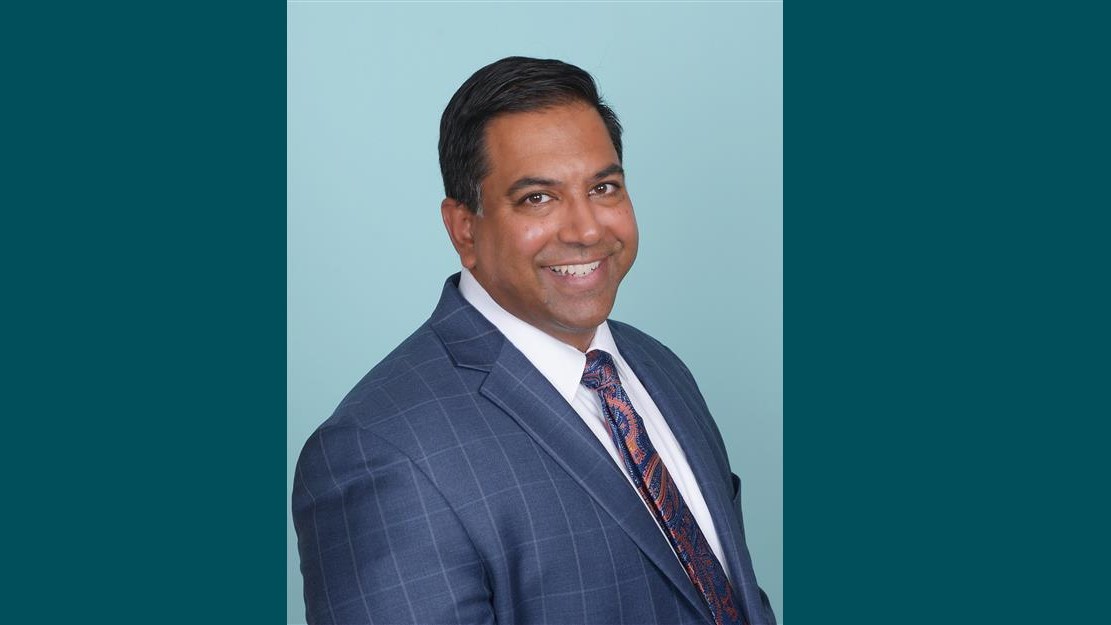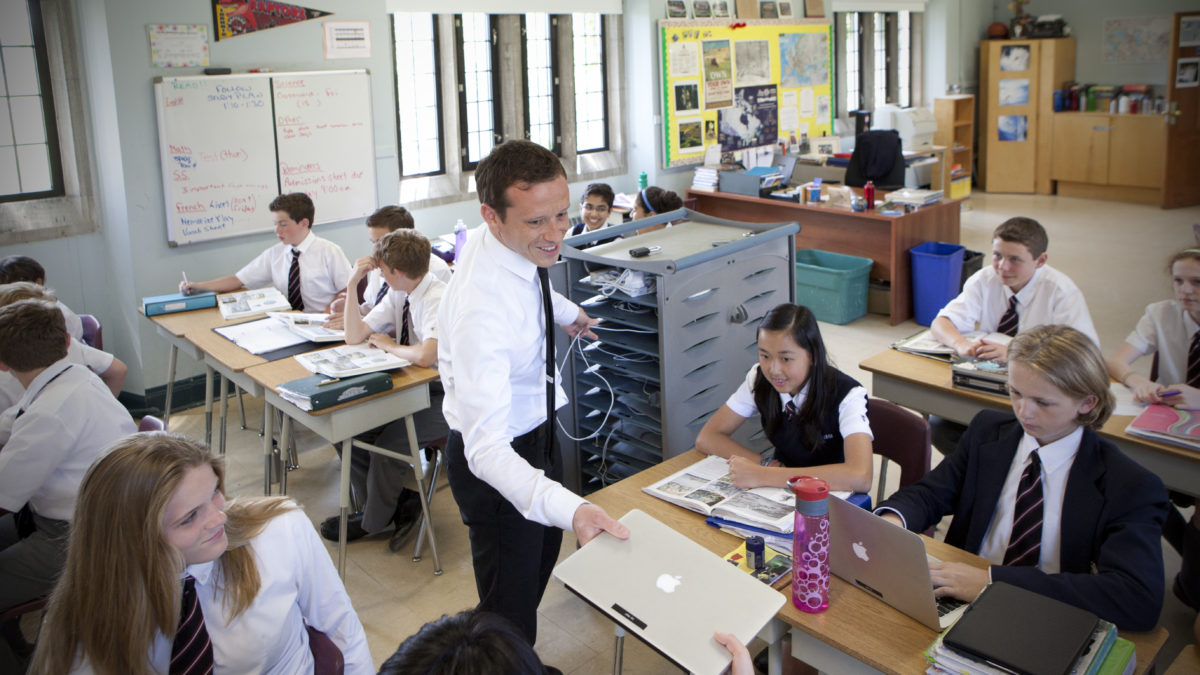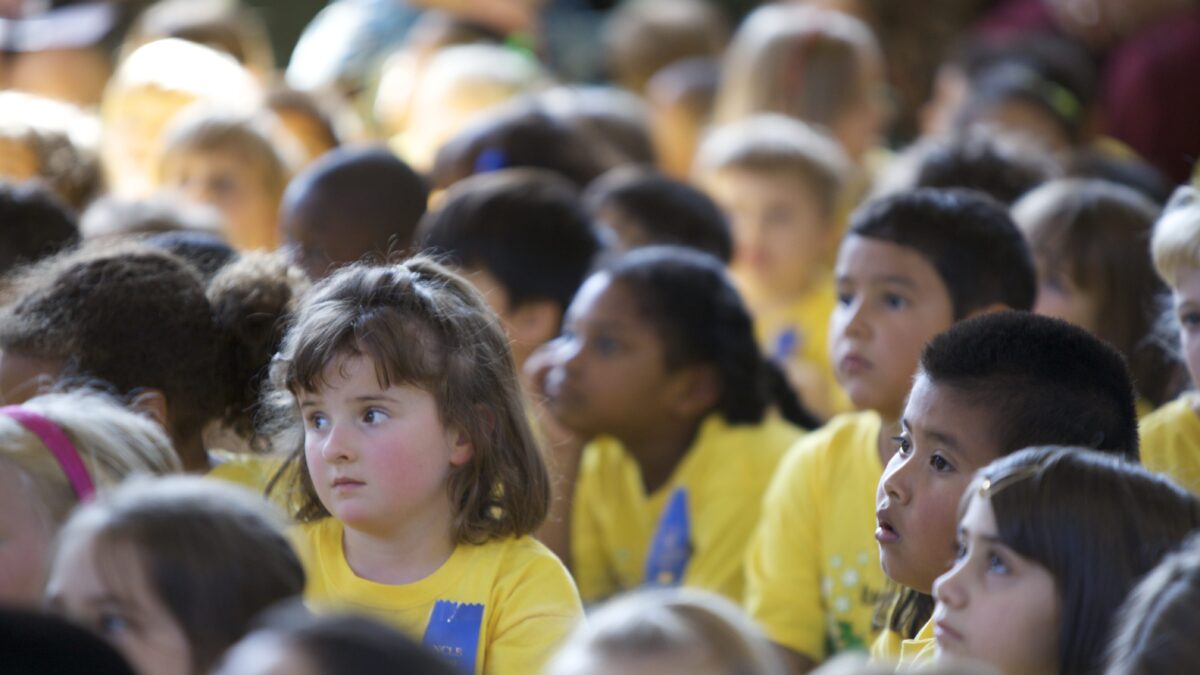Beth Ann Rosica: What books are really ‘banned’ in local school districts?
Like many local parents, I am tired of the “book” discussion in our public schools. As a former English teacher with a bachelor’s degree in English Literature, I love books and reading all types of genres. As an American, I am truly grateful for the ability to read any book I choose at any time. Similarly, I respect the rights of others to read books that I may disagree with or even detest. So imagine my surprise when I was labeled a “book burner.”
For those parents involved in local school districts particularly school board elections, this will come as no surprise. After the United States Department of Justice called out parents who spoke up passionately at school board meetings as “domestic terrorists,” the progressives turned up the heat and started throwing around the terms “book burner” and “book banner.”
Their messaging was very good, though, because most conservative school board candidates in the southeast lost to progressive candidates in the last election. Regardless of the candidates’ views on books, all conservatives were lumped together and described as “book banners.” And please don’t bother to try to explain to the uninformed electorate that the United States is one of the few countries where we have unfettered access to all reading materials.
While many of us would like to stop talking about library books and focus on the real task at hand, addressing learning loss, the progressives can’t seem to let it go. Some of them insisted on being sworn in on a stack of so-called “banned books.” Please ignore the fact that these books are available at the local public library and Amazon.
The point that I assume these newly elected officials were trying to make is that these books were under scrutiny for being located in a public school library. Never mind that school libraries have limited space and librarians must make decisions about what to procure, maintain, and discard from the collection on a regular basis. Someone is making a choice every day about what’s available in the library, and it can’t be every book ever published.
Last month, this point was made quite clear in an article in The Free Press, entitled “The Truth About Banned Books.” The author, James Fishback, surveyed the library catalogs for thirty-five of the largest public school districts in eight red and six blue states. “What I discovered isn’t so much a problem of banned books. It’s that kids are often exposed to only one side of the story.”
Fishback’s research showed that the vast majority of districts had significantly more liberal leaning books than conservative leaning books. He opined, “should libraries carry books that peddle progressive ideas? Absolutely, but only if they carry books that advocate for conservative ones too, so our young minds can benefit from the full spectrum of opinions. Unfortunately, in the school districts I surveyed, this isn’t the case.”
Given the amount of debate on this topic locally and the impact on local school board elections, I decided to use Fishback’s methodology to analyze library holdings in twelve districts across the suburban collar counties. The following districts were selected, and a thorough search of their online library catalog system was conducted to determine what books they contained. (Note: some districts provide library information across the entire district and other districts have school specific catalogs. In those instances, the data is limited to the high school libraries.)
Bucks County – Central Bucks School District, Pennridge School District, and Pennsbury School District
Chester County – Downingtown Area School District, Great Valley School District, and West Chester Area School District
Delaware County – Haverford School District, Marple Newtown School District, and Radnor School District
Montgomery County – North Penn School District, Perkiomen Valley School District, and Souderton School District
For ease of comparison, I selected most of the books that Fishback chose for his national analysis. He chose both liberal and conservative books on topics, including race, gender, and politics. Overall, the local trends in southeast Pennsylvania are mostly consistent with the national trends reported in his research.
Starting with books about race, we compared the percentage of districts that had copies of Ibram X. Kendi’s, How to Be an Antiracist, to John McWhorter’s, Woke Racism. Kendi, a well-known progressive, is one of the early writers who coined the phrase “antiracist.” McWhorter, a Columbia professor is a well known conservative writer and thinker. Across the national survey, 42 percent of districts had the Kendi book in the library, and only one district or less than 3 percent had McWhorter’s book. Locally, 10 districts or 83 percent had Kendi’s book, and only one or 8 percent had McWhorter’s. In this example, the local districts’ biases far exceeded the national survey.
In order to analyze books about gender, we looked at four books. Felix Ever After, by Kacen Callender, and Gender Queer, by Maia Kobabe, represent the progressive views on gender, describing girls who hate being forced into wearing dresses and playing with dolls as transgender or non-binary. Trans, by Helen Joyce, and Irreversible Damage: The Transgender Craze Seducing Our Daughters, by Abigail Shrier, are best sellers that depict skepticism about the rapid rise and social contagion of transgender identification in young people.
Nationally, 77 percent of districts had Felix Ever After, 25 percent had Gender Queer in the libraries, and none of the districts had either counter-perspective book available. Locally, 100 percent of the school districts had Felix Ever After, 41 percent had Gender Queer, and similarly, none of the districts had Trans or Irreversible Damage available.
Political books followed the same pattern – liberal views far outweighed conservative views. Barack Obama’s, Dreams From My Father, is available in 75 percent of national libraries surveyed, and Michelle Obama’s, Becoming, is in 65 percent. Locally, Dreams From My Father, can be found in eleven of twelve of the districts surveyed or 91 percent, and Becoming is available in ten of the twelve or 83 percent.
Conversely, conservative political views are woefully underrepresented in the majority of libraries both nationally and locally. Fishback found that none of the following books were available in the national survey with the exception of Mike Pence’s book, and that was only found in two districts or 6 percent. Locally, none of these books are available in any of the twelve districts.
America, a Redemption Story, by Tim Scott
If You Want Something Done, by Nikki Haley
Nation of Victims, by Vivek Ramaswamy
Never Give an Inch, by Mike Pompeo
The Courage to Be Free, by Ron DeSantis
So Help Me God, by Mike Pence
Finally, we analyzed books by well-known progressive and conservative thinkers, and the results follow in the tables. The trends are all the same with the number and percentage of progressive books exponentially higher than conservative books.
Additionally, most districts both nationally and locally have more than one of Ibram Kendi’s books. Despite this overemphasis on a single author, the counterview is practically unrepresented. The 1619 Project offers an ideal opportunity to give students two divergent perspectives. Half of the districts nationally and locally carry Hannah-Jones book, but not a single one has Phillip W. Magness’ The 1619 Project: A Critique.
Books written by well-known progressive thinkers (as defined by Fishback)
Books written by well-known conservative thinkers (as defined by Fishback)
The point of this exercise is to illustrate the stark differences between reality and the progressives’ views and messaging. Clearly, our public school libraries are filled with liberal leaning books with very few opposing viewpoints. As Fishback pointed out, books with progressive views are fine as long as they are balanced with differing opinions.
Students and taxpayers deserve to read a myriad of books to learn how different people think and view the world. If we only allow one message, how can we expect our students to learn to think independently and develop their own ideas? The answer is simple: we cannot. Maybe that is the progressives’ hope and fear. If students are exposed to divergent thoughts, they might actually learn to think for themselves, and that runs counter to their narrative.
The next time you hear someone talking about book bans, ask them if Woke Racism or Capitalism and Freedom are in their school library.
Beth Ann Rosica resides in West Chester, has a Ph.D. in Education, and has dedicated her career to advocating on behalf of at-risk children and families. She covers education issues for Broad + Liberty. Contact her at barosica@s46680.p831.sites.pressdns.com.





Thank you, Dr. Rozica, for using the data, the hard evidence, to conduct honest reporting. Your statement: “kids are often exposed to only one side of the story.” could not be more true, and if you are a parent, you should be deeply concerned. We have 2 options and both are viable: 1. buy the books that are not available, read them with your children, discuss them at dinner; 2. support conservative leaders in your community. Why? Because they want our children to grow up to think critically rather than think like pre-programmed robots. Our kids are the future. We owe them this skill.
Woke Racism is in Haverford High School because I recommended it and I appreciate that the librarian added it to the collection. Is it displayed or promoted? I have no idea. Also, another parent and I donated multiple books to Haverford School District because it was obvious only one side was being propped up and promoted. The Superintendent was appreciative. The school board? Nothing.
Haverford SD July 14, 2022 regular school board meeting:
Book donation at 7min, 30sec: https://www.youtube.com/watch?v=lzU2iMRXDWM
The progressive agenda is subversive and relentless. A local school district in lower Delaware recently voted in a conservative majority to their school board. Almost as soon as the votes were counted and reported, a few local progressive activists hatched plans to infiltrate and attempt to run interference with school board actions. One is a psychologist and has been able, with the assistance of a local religious organization, to present himself as a professional counselor to both students and staff as a community advisor.
Books in your school libraries are biased in one direction. Why do we even have these books in our schools from “either side”? We should be promoting good classical reading i.e. Socrates, Cicero, Locke, Montesquieu, Tom Sawyer, Homer, Moby Dick, Shakespeare, Chaucer, Huckleberry Fin, Uncle Tom’s Cabin, etc. etc. We could go on and on but you get the idea. These are the books that should fill our libraries so our children can learn from the great authors and thinkers. This would be more than they could read in their short time there and serve them well. Let’s let them learn how to think so that they can think when they graduate.
Thank you for the diligence and efforts of your article.
McWhorter does not describe himself as conservative writer and thinker. McWhorter described himself as a political “centrist” in Black Issues in Higher Education, and his refusal to adhere to a single political party line supports this self-description. For example, McWhorter voted for liberal icon Ralph Nader in the 2000 election while still managing to maintain association with Supreme Court Justice Clarence Thomas. It is alarming the Democrat leaders are so far-left that people like McWhorter, Bill Maher, and Joe Rogan are considered conservative.
Another alarming story, that goes beyond libraries, as DHS has been recently exposed for its censoring program with Big Tech, and driving various narratives – I presume this is happening in PA and all other states, too? https://www.foxnews.com/media/rhode-island-teacher-sounds-alarm-dhs-funded-media-literacy-program-indoctrinate-children
Lol I wonder why Fox News doesn’t want kids to be media literate! 🤣😂🤣 maybe theyll start to wonder why they lost their Dominion suit so badly! And what “censoring program” worries you more than desanctomonious and the Texas Taliban passing laws to let the government *force* private companies to publish certain political content? Moves so outrageously anti-free speech and unconstitutional that even the Cato institute opposes them!? https://www.cato.org/blog/texas-florida-social-media-laws-violate-first-amendment
Wow the right is really grasping at straws with these desperate, half-baked whataboutisms. The author predictably plays the victim card about there being more liberal books than conservative ones in libraries (was this not covered in Vivek’s “Nation of Victims”?) but fails to address whether there’s actually any demand for right-wing books. For instance, the 1619 Project is #1,916 in Amazon’s best seller list while the critique of the 1619 project this article mentions comes in at a WHOPPING #208,535!! Obama’s Becoming is #4914. If You Want Something Done, by Nikki Haley? #86,086. Of course nobody would argue that unpopular books can’t be important and worth reading but thanks to recent Republican budget slashes to and attacks on libraries across the country, they have limited resources. Surely the LEAST conservative thing to do would be to waste limited resources (especially tax payer money) buying books that nobody wants to read. And has anybody, at any of these libraries tried to, oh I don’t know, ask the library to get these books? Public inquiries usually get libraries to order unpopular books like the conservative ones the author mentions yet the author seems to have “forgotten” to address this. When I couldn’t find a book about pangolins for my son at my library did I whine and cry and play the victim card or go on a tirade about how there are lots of lion and tiger and elephant books? Nope. Instead I behaved like a rational adult. I acknowledged that pangolins aren’t very well known so I asked the library and just like magic they got one!
The author of “The 1619 Project “ is a staff writer for the New York Times and is not an historian. It is one of the biggest pieces of scholastic fraud and written by an academic charlatan and two bit sophist. It is supported and perpetuated by a network of subversive leftists and half baked affirmative action supported and placed “educators”. Did you have a ring side seat at the circus of public education for the past four decades as many of us?
Thank you for your insights on books available to children in schools and libraries
I am so glad that we have someone like you who is not afraid to speak up for our children
You belong in an administrlation that speaks for children.
I second the motion!
Unless a library shelves every book ever printed, books will necessarily “banned” by omission. Every choice of a book means another is eliminated. Or viewpoints are necessarily involved. Try to find the history books for young people written by the former Librarian of Congress, Daniel Boorstein. Years ago I found it removed because the librarian told me she disapproved of his view of history. Who’s sorry Little Black Sambo is missing? Sometime banning is innocent. Sometimes, it just depends on who’s in favor of the “banned” book.
Dr. Rosica does it again. Well written and well thought, documented and organized, this article is an invitation to consider the foolery we have come to accept from the cliche dripping elite.